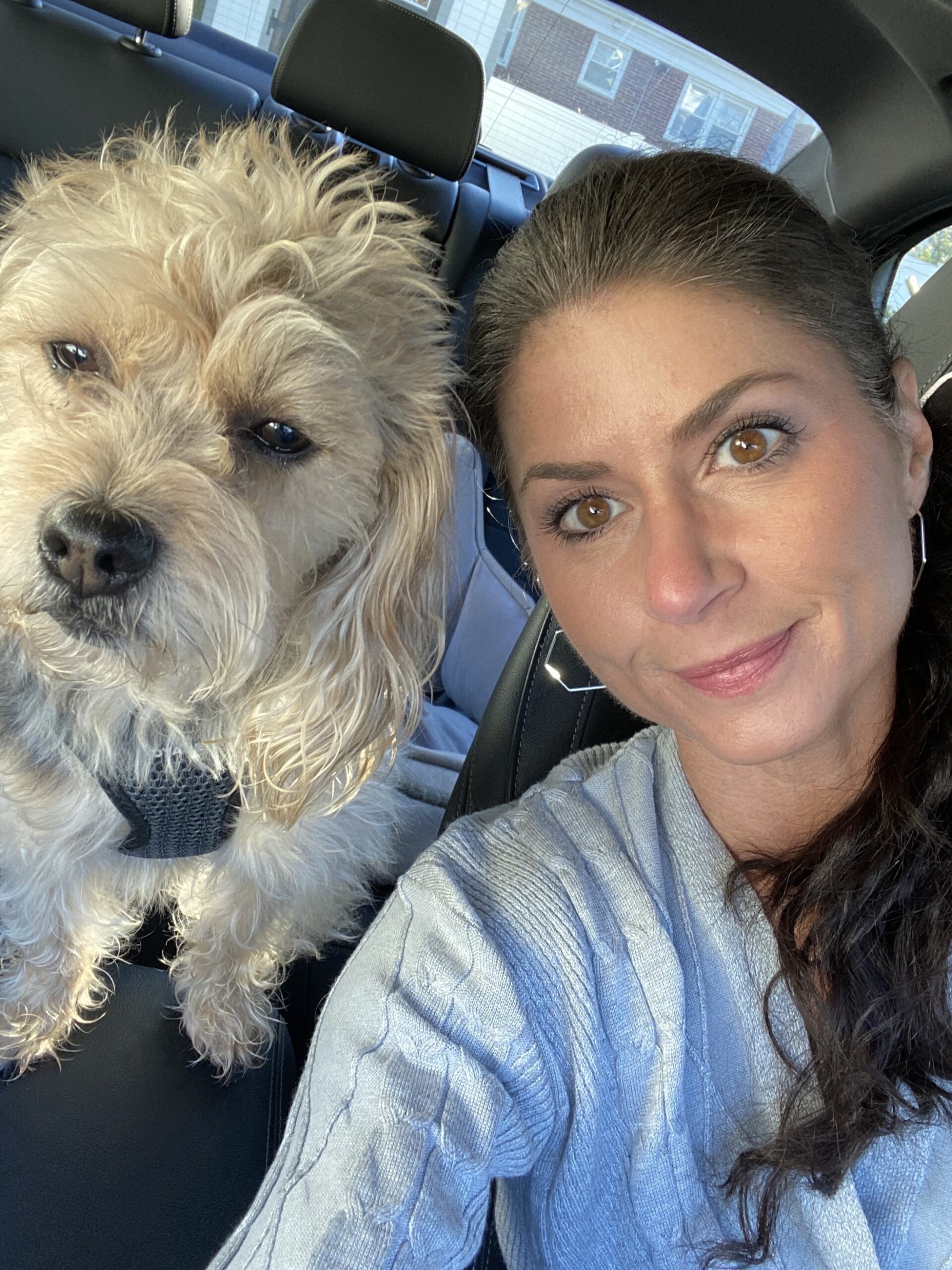As a communications company, we recognize the importance of transcending language and cultural barriers in mental health. Simultaneously, we acknowledge the societal and workplace stigmas that often surround this topic.
Mental health knows no boundaries, be it language or culture. We firmly believe that access to mental health support should never be hindered by culture or language. Effective communication is the cornerstone of supporting those facing mental health challenges.
join the conversation
This World Mental Health Day, join our mission to break down language and cultural barriers in mental health while also challenging societal and workplace stigmas. Communication is vital to nurture positive corporate cultures. Organizations that prioritize mental health and open communication foster more inclusive and supportive corporate environments.
We had a conversation with Alysia Gemma, CQ fluency’s Executive VP, Strategic Initiatives. She shared with us her personal journey of prioritizing mental health and overcoming the challenges. It’s a testament to the importance of self-care and open communication in the workplace.
Can you share your personal journey with mental health and how it has intersected with your professional and personal life? I grappled with contributing due to the sensitivity surrounding mental health, but in 2021 alone – 22.8% of U.S. adults experienced mental illness totaling 57.8 million people, which represents 1 in 5 adults! Depression is the leading cause of disability WORLDWIDE! So, because I am so passionate about this topic, I decided to choose vulnerability over fear. I’ve had mental health issues for most of my life, primarily stemming from childhood trauma. For many years, I found it incredibly difficult to prioritize my mental health while also maintaining a professional career and being a single parent. Let’s face it, navigating life’s complexities is hard enough; tack on a fast-paced business environment compromised by poor mental health, and you have a delicious recipe for disaster.
What prompted you to prioritize your mental health? Recently I discovered the significant toll that mental health had taken on me, while dealing with medical issues over the last year. After discovering I needed a major surgery, I knew that my mental state would be further compromised, so I made a promise to myself to establish a connection with a therapist. I quickly realized that being mentally healthy was essential before focusing on my physical health. But instead, I ended up concentrating on things I couldn’t control – how busy work was, how much I needed to exercise to be physically fit enough to properly recover, who would take care of my son if something happened to me, how will the bills get paid if I cannot work, etc. YES, as important as I know mental health is and preach it all the time, I ignored my own cry for help.

“I thought I was managing my illness by suppressing everything, but that strategy has its limits.”

Could you share a significant moment that underscored the importance of addressing your mental health? About eleven and a half weeks after my surgery, I experienced a life-threatening medical complication that required immediate emergency surgery (my second major surgery in three months). I didn’t have time to even think, let alone make decisions or prepare for time off from work. The overwhelming anxiety and fear I felt that day were beyond anything I’d ever experienced. I was in shock for days after the surgery before I realized how mentally devastating the experience was. It was then during my medical leave when I sought help from a therapist, specializing in trauma, to navigate my mental health during my recovery.
What has your journey taught you about the role of healing and managing mental health? I know this isn’t a secret, but I will pay it forward anyway – medication, in my experience, is not a standalone cure for mental illness. It is a bandage or, in my case, a mask. I thought I was managing my illness by suppressing everything, but that strategy has its limits. If I had honored the promise I made to myself six months prior, I would not have been in the treacherous mental state I was in after the second surgery. So, I had to focus not only on physical recovery (still do) but also on reaching a safe mental place to facilitate proper healing.
“CQ fluency is an environment where I feel safe, trust my peers and my boss, and know that I can be myself.”
How did your workplace support you during your challenging times? Our CEO, Elisabete Miranda, is my direct supervisor who felt the effect of my absence the most. She is someone I trust and can openly communicate with about my health both mental and physical, which is priceless. It’s been a little over a month since I have been back at work. The day I got back it started with me feeling like I needed to quit and run from the burning building, but I am starting to see that tiny light peeking through at the end of the tunnel.
How has open communication played a role in your journey toward mental health recovery? Thankfully, CQ fluency is an environment where I feel safe, trust my peers and my boss, and know that I can be myself. I know that I have the most supportive colleagues, who helped fill the void I left. This would not be the case had I not been completely transparent with my supervisor about my situation and feeling so much trust in my work family that I could share in confidence.
I really hope these important conversations don’t stop here, if you are suffering, prioritize your health to get the care you need.


communication matters
CQ fluency recognizes the importance of mental health by nurturing open, empathetic, and culturally sensitive communication. Together, we can break down barriers, dispel stigmas, and make a meaningful difference in the lives of individuals and communities worldwide no matter the culture or background.
